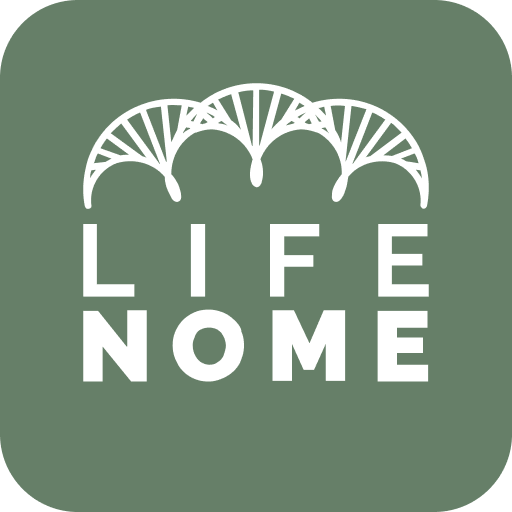
Triangulate on the Root Causes of Client Symptoms
Understanding potential food allergies & sensitivities will help you understand your client’s symptoms better, giving you more tools to implement an effective nutrition plan and improve their health.
Food Allergy & Sensitivity Traits Overview
Target Underlying Mechanisms
Nutrigenomics can help unravel the complexities of food sensitivities by identifying genetic factors related to immune responses, digestive processes, and the metabolism of specific food components that may be linked to an increased risk of sensitivities and allergies. Genomic analysis can support a root cause approach to target underlying mechanisms of allergens, improve diagnostic tools, personalize dietary recommendations, and tailor therapies.
Assess Risk for Sensitivities to Chemicals
Genetic markers and variations related to detoxification processes, metabolic pathways, and cellular responses can tell you how clients may react to exposure to contaminates such as mercury and PCBs. Identify clients at a higher risk of adverse effects and develop personalized strategies for prevention, mitigation, and targeted interventions.
Manage Food Triggers
Uncover clients' genetic predisposition to food sensitivities and allergies. Pinpoint gene variations related to the breakdown of specific food components, like lactose or gluten, determine individuals more prone to certain food triggers. Personalize dietary management based on genetic insights
List of Food Allergy Traits
Allergy to Peanuts
Allergy to Milk
Allergy to Eggs
Gluten Sensitivity
Lactose Intolerance
Sensitivity to Mercury
Sensitivity to PCBs





